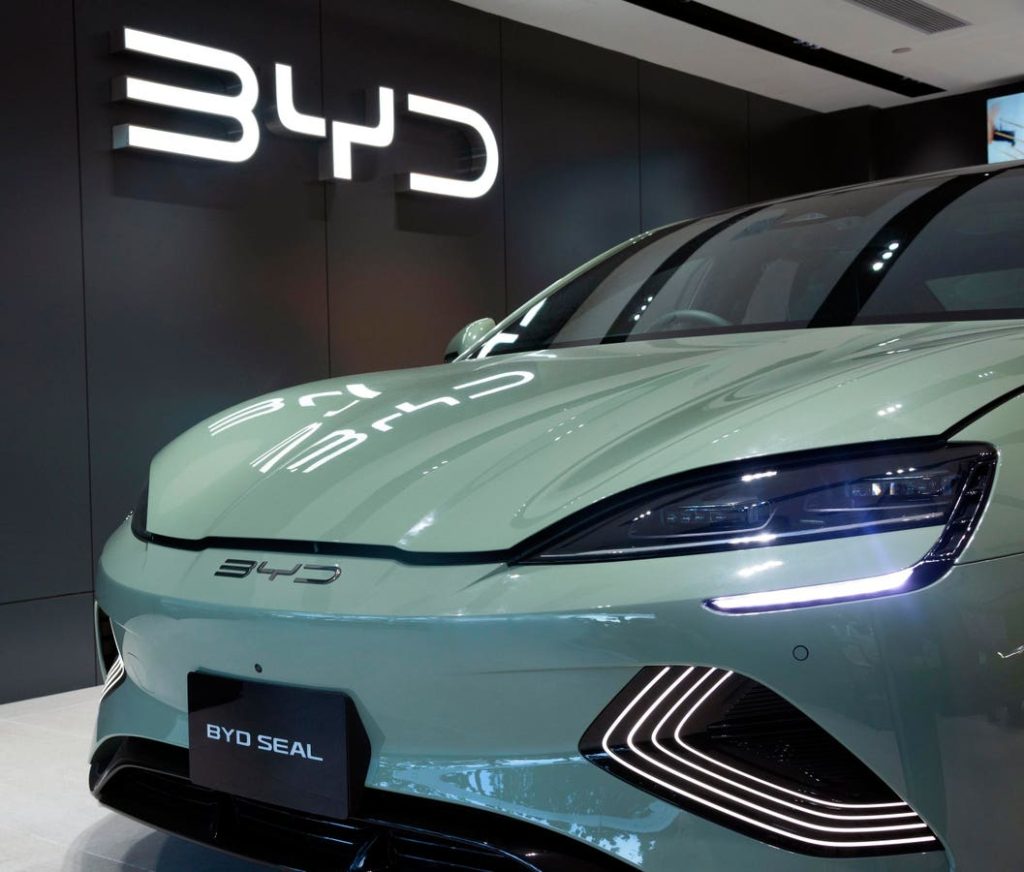President Biden, who has been a vocal advocate for slowing climate change and boosting American manufacturing, recently imposed $18 billion in new tariffs on Chinese electric vehicles (EV) and solar panels. These tariffs are expected to raise prices on fossil fuel-saving goods, potentially discouraging buyers from making climate-friendly choices. The tariffs include a 100 percent levy on electric vehicles, a 25 percent tariff on batteries, certain materials, steel, and aluminum, and a 50 percent tariff on solar cells and semiconductors.
Former president Trump had proposed broader import taxes, including a 10 percent tariff on all imported goods and a 50 percent tariff on all imported Chinese cars. In response to Biden’s tariffs, Trump pledged a 200 percent rate on Chinese EVs. While Trump sees import taxes as a way to intimidate trading partners and boost US manufacturing, Biden’s goal is to increase the price of Chinese vehicles to support American EV makers and create a thriving domestic industry.
The initiative is also a response to alleged aggressive Chinese dumping of low-cost EVs aimed at dominating the world market. Biden is seeking support from other industrialized nations to curb Chinese government subsidies to EV producers, which enable them to underprice competitors in the US and elsewhere. While the short-term impact of the EV tax may be minimal, it could have longer-term effects on consumer prices, domestic competition, and environmental efforts.
Tariffs generally increase consumer prices and can hinder efforts to improve the environment by keeping low-cost Chinese-made EVs out of the market and maintaining higher prices for domestic products. Previous tariffs on items like washing machines and steel have resulted in price increases, while studies suggest that eliminating trade barriers on solar panels could benefit the environment. The tariffs on EVs could further slow purchases and limit the transition away from fossil fuels.
The tariffs could also harm American workers, as US manufacturers often rely on foreign components to make finished products. If unable to pass tariffs on to customers, their profits may shrink, reducing investments, hurting wages, and slowing consumer demand. Despite attempts to boost domestic manufacturing and jobs, tariffs often result in job losses and higher consumer prices, weakening efforts to transition to alternative energy sources.
Biden’s Inflation Reduction Act included provisions to boost both production and consumption of US goods, such as limiting tax credits for EV buyers to vehicles assembled in the US with certain domestically manufactured components. The trend toward protectionism and tariffs, supported by both parties, is expected to lead to higher consumer prices and hinder efforts to combat climate change. As the world faces an existential threat from climate change, balancing the economic and environmental impacts of tariffs will be a key challenge for policymakers going forward.













